
The Man Who Broke Capitalism
How Jack Welch Gutted the Heartland and Crushed the Soul of Corporate America―and How to Undo His Legacy
ISBN: 9781982176440
Pages: 272
Recommendation
Jack Welch’s tenure at General Electric during the 1980s and 1990s coincided with a sharp turn in America’s economy, as factory jobs moved overseas and employment for life gave way to the ever-looming threat of layoffs. But Welch didn’t just reflect the free-market ethos of the time, journalist David Gelles argues; Welch actively promoted it, in no small way through the many GE alumni who led rounds of cost-cutting and union-busting at major corporations. It might seem a stretch to blame just one CEO for America’s current wealth inequality, but Gelles makes a compelling case that Welch played an outsized role in creating today’s economic inequities.
Summary
About the Author
David Gelles is the Corner Office columnist and a business reporter for The New York Times.





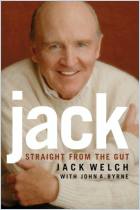
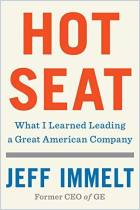
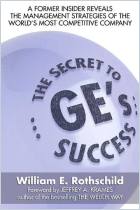
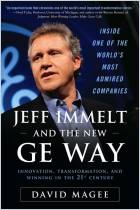
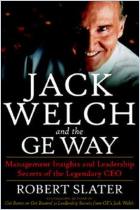








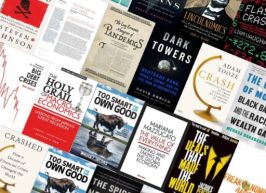



Comment on this summary